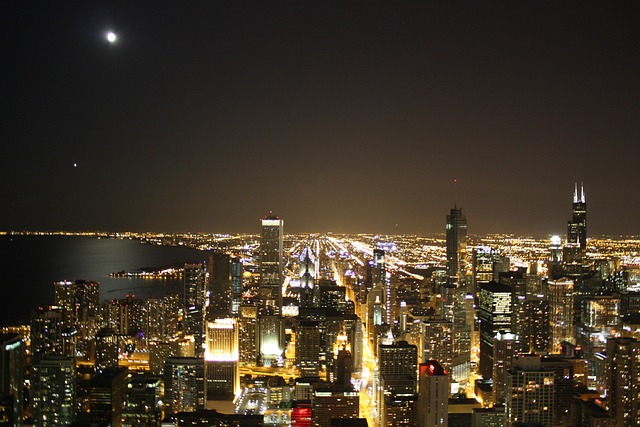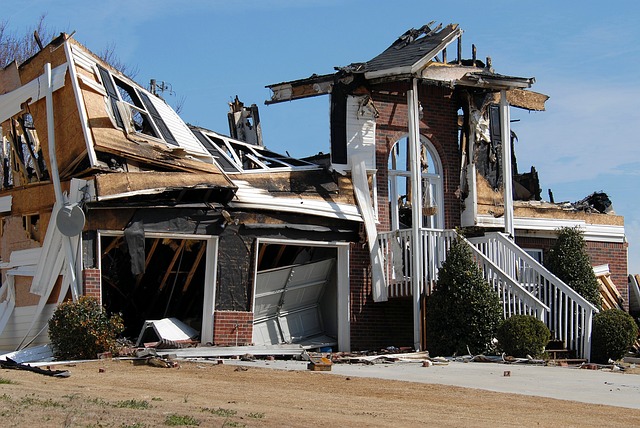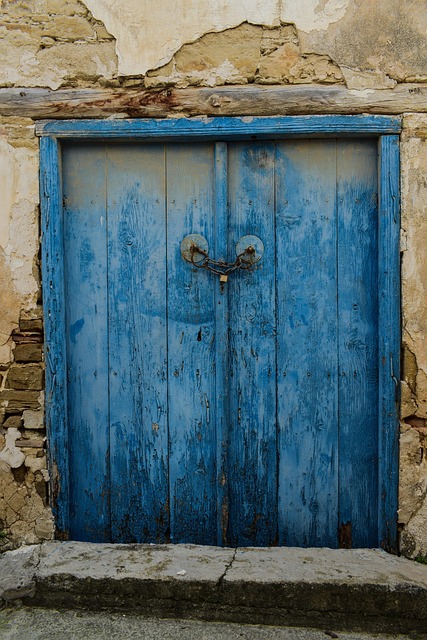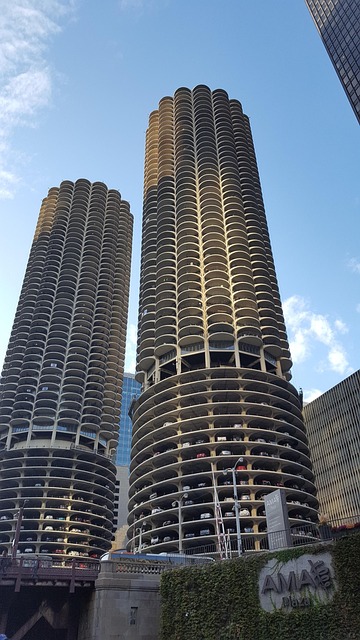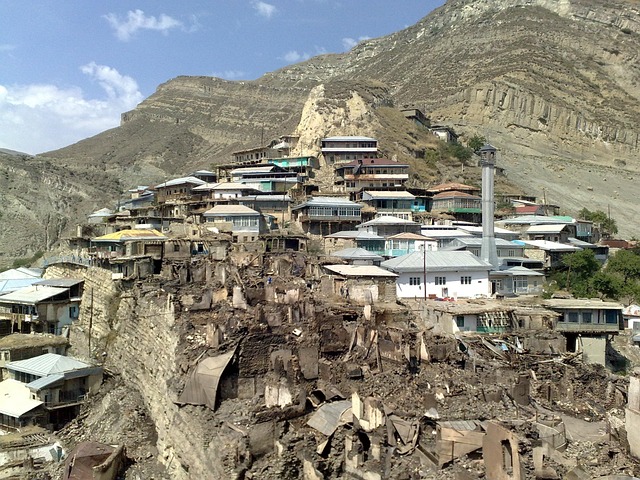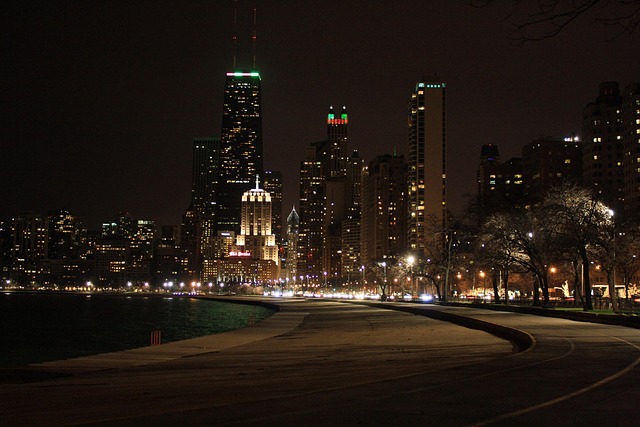The Chicago real estate market, driven by urban renewal, diverse economy, and efficient public transport, influences property values. Selling fire-damaged houses requires understanding local dynamics, strict building codes, and buyer preferences. With specialized agents, owners can navigate repairs, staging, and marketing to attract buyers. Investors can transform historical properties into valuable assets while contributing to Chicago's architectural heritage.
“Chicago, a vibrant city known for its dynamic real estate market, presents unique challenges when it comes to selling fire-damaged properties. This article guides you through the intricacies of navigating the Chicago real estate landscape, focusing on fire-damaged homes. We explore key trends and factors influencing prices in the current market. Additionally, we offer practical strategies for preparing and marketing your damaged property effectively. Discover post-sale considerations that contribute to Chicago’s real estate future, with a focus on rebuilding and investing.”
- Understanding the Chicago Real Estate Market: Trends and Factors Influencing Prices
- The Challenges of Selling Fire-Damaged Properties in Chicago
- Strategies for Successful Sales: Preparing and Marketing Your Fire-Damaged Home
- Post-Sale Considerations: Rebuilding and Investing in Chicago's Real Estate Future
Understanding the Chicago Real Estate Market: Trends and Factors Influencing Prices
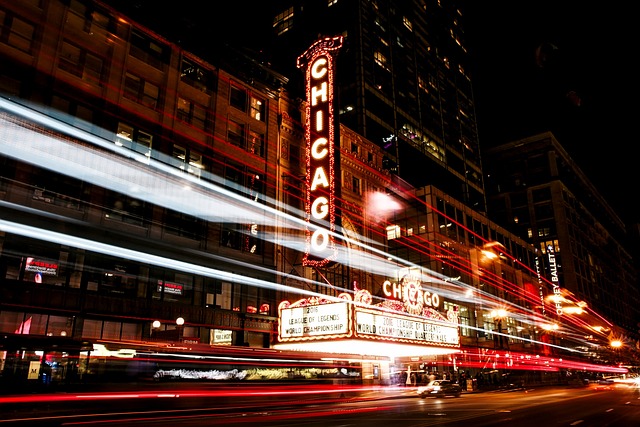
The Chicago real estate market is a dynamic landscape, influenced by various economic and social factors that shape property values across the city. Understanding these trends is crucial for both homeowners looking to sell fire damaged houses in Chicago and investors navigating this competitive environment. One significant factor driving prices is the city’s continuous urban renewal, with revitalized neighborhoods attracting buyers seeking affordable yet trendy living spaces.
Additionally, Chicago’s diverse economy, characterized by robust sectors like finance, healthcare, and technology, contributes to its appeal as a desirable place to live and work. This, in turn, increases demand for housing, particularly in areas near major business districts. The availability of public transportation, including an extensive network of trains and buses, further enhances the city’s livability, influencing property values positively, especially in neighborhoods with easy access to these services. Meanwhile, factors like interest rates, local employment rates, and even seasonal trends can significantly impact the market, creating fluctuations that sellers and buyers alike must consider when navigating the Chicago real estate scene, including situations where they might need to sell fire damaged houses.
The Challenges of Selling Fire-Damaged Properties in Chicago

Selling a fire-damaged property in Chicago can be an intricate and challenging process due to the unique circumstances surrounding such homes. After a fire, properties often require extensive repairs and renovations, which potential buyers may find off-putting. The city’s stringent building codes and permits process can add further delays and costs, making it a daunting task for sellers. Many buyers prefer move-in-ready conditions, and a fire-damaged house might not meet these expectations, limiting the pool of interested purchasers.
In Chicago, real estate agents specializing in this niche play a crucial role in navigating these challenges. They can guide owners through the repairs, offer advice on staging and presentation, and market the property effectively to attract buyers who understand the potential for transformation. With the right approach, selling a fire-damaged house in Chicago is possible, but it demands patience, expertise, and a deep understanding of the local market dynamics.
Strategies for Successful Sales: Preparing and Marketing Your Fire-Damaged Home
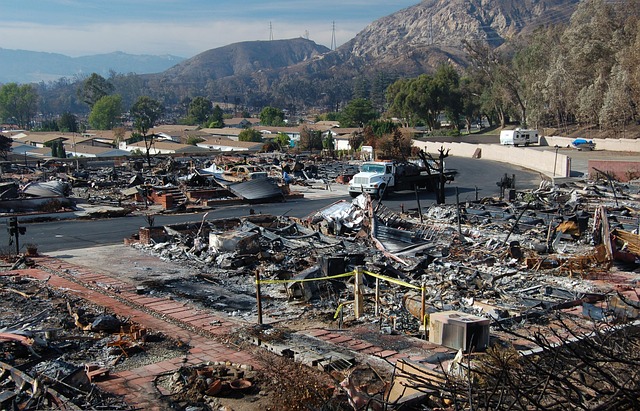
When selling a fire-damaged home in Chicago, preparation is key. Start by assessing the extent of damage and understanding your options—either repairs or demolition. If repairs are feasible, focus on restoring the property to its pre-loss condition. This involves hiring professionals for structural repairs, remediation services to mitigate mold and smoke damage, and careful restoration of fixtures and finishes.
For marketing, emphasize the potential and advantages of the property. Highlight any updated features installed during renovation and downplay the fire history with transparent disclosures. Utilize high-quality photography and detailed listings to showcase the home’s best attributes, attracting buyers who appreciate the value in transformation. Remember, an honest approach and a well-presented home can attract interested buyers seeking a Chicago real estate gem waiting to be revived.
Post-Sale Considerations: Rebuilding and Investing in Chicago's Real Estate Future
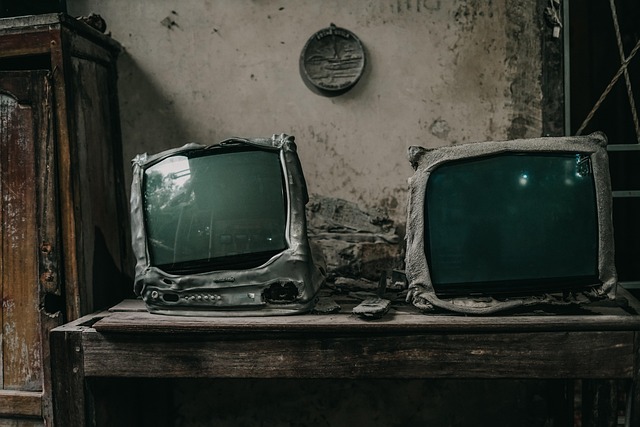
After a property sale, especially in Chicago’s real estate market where historic homes are common, buyers and investors often face post-sale considerations that can significantly impact their return on investment. One key area is rebuilding and renovation, particularly when dealing with fire-damaged properties. These homes present both challenges and opportunities.
Chicago has a rich architectural heritage, and many historical buildings need careful restoration to maintain their unique character. Investing in the rebirth of these fire-damaged houses not only contributes to the city’s cultural landscape but can also lead to substantial financial gains. With proper rehabilitation, these properties can become valuable assets again, catering to Chicago’s diverse real estate market demands.
The Chicago real estate market, characterized by its unique trends and diverse factors, presents both challenges and opportunities for sellers of fire-damaged properties. While navigating through the complexities of rebuilding and marketing can be daunting, understanding the market dynamics is key to a successful sale. By implementing effective strategies, such as thorough property preparation and targeted marketing, homeowners can transform their fire-damaged homes into valuable assets, contributing to Chicago’s ongoing real estate development and fostering its vibrant future. Selling a fire-damaged house in Chicago is not just about overcoming obstacles; it’s about securing a piece of the city’s ever-evolving landscape.
